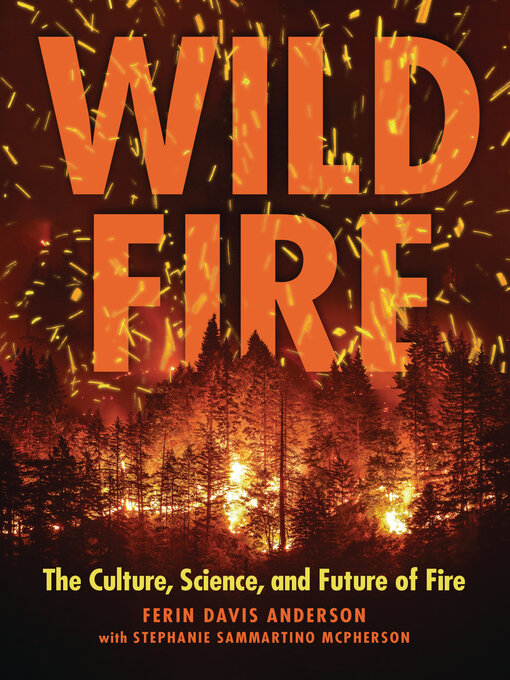- NYT Best & Notable Since 2000 eBooks
- New eBook additions
- Invention, Innovation, and Inquisitiveness
- Read a Classic You Missed...
- Scifi Absolute Classics
- Contemporary Romantic Comedy
- If you like Danielle Steel, try these!
- If you like John Grisham
- Michael Connelly alike ebooks
- Fairy Tale, Myth, and The Hero's Journey
- Always Available Classics
- National Book Award Longlist ebooks
- And the Prize Goes to....
- See all
- NYT Best & Notable Since 2000 eAudio
- Full-cast recordings
- New Audiobook Additions
- Find and Listen to a Classic That You Missed...
- Get Your True Crime Fix
- Read by a Celeb
- Listen to a New Series
- If you like Danielle Steel, Try These!
- Michael Connelly alike audiobooks
- If you like Stephen King...
- Fantasy here!
- Audio available now
- Top Audiobook Narrators
- See all
- Pride
- Celebrate Diverse Voices
- Sexual Assault Awareness
- Parenting
- Parenting Teens
- Managing Stress and Anxiety
- Sobriety
- We Can All Go Back to School
- See all

